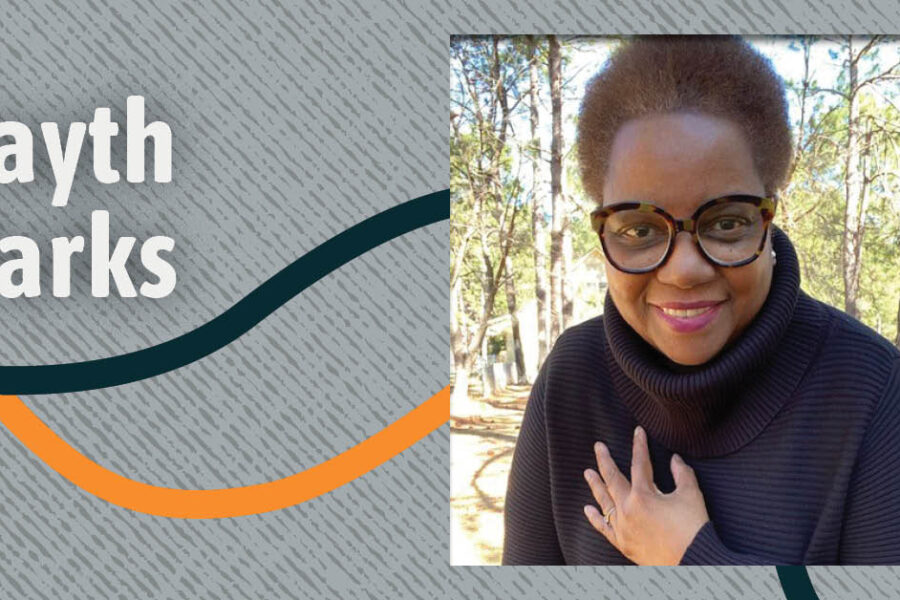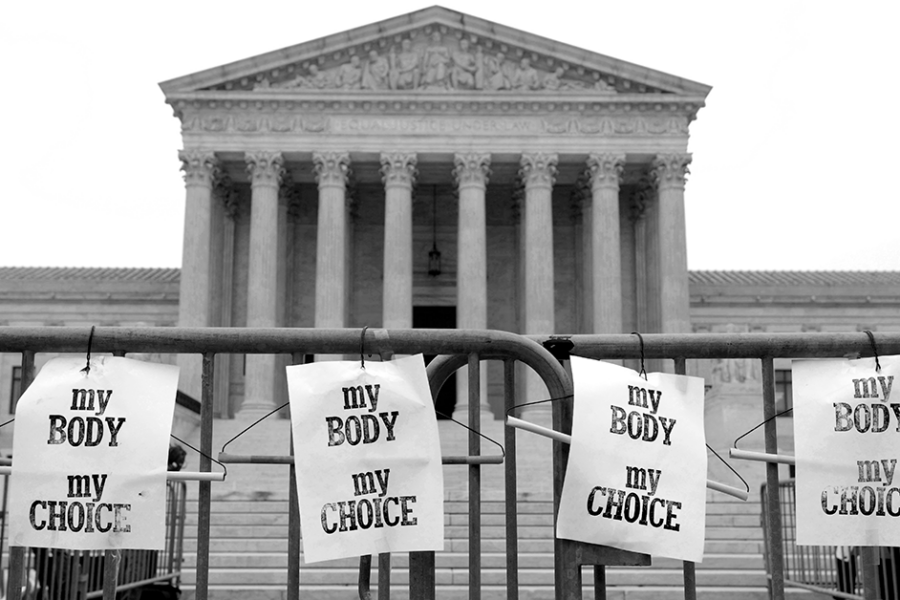A year ago, Dr. Ernie Zullo and two of his students in Antioch New England’s Clinical Mental Health Counseling, Jess Irish and AJ Buckley, came together to ask a deceptively simple question: how can counselor training programs prepare their students to be affirming and knowledgeable practitioners when working with the LGBTQ+ community? An obvious answer might be to add another class or a required day of training, but the organizers soon realized that they needed to center the people in that community who they were trying to support. So their mission expanded, and they began working to create an evolving space in which Antioch’s LGBTQ+ community could have a voice while at the same time providing Clinical Mental Health Counseling students an opportunity to listen to what those folks had to say. This led, last October, to the launch of a new organization called CMHC Spectrum.
Antioch New England’s Clinical Mental Health Counseling program is a natural place to found an innovative, social justice-oriented organization like CMHC Spectrum. Irish, one of the student founders, themself followed the program’s new pathway leading to a Certificate in Trans-Affirmative Clinical Practice—the first of its kind in the country. This focus is an important development in trans-inclusionary mental health as LGBTQ+ advocacy becomes an increasingly visible issue in the counseling profession. The launch of CMHC Spectrum builds on these efforts.
But the goals of the organization reach beyond simply changing the program’s pedagogy. With a wave of anti-LGBTQ+ laws passing in statehouses across the country—for example Florida’s new law, dubbed the “Don’t Say Gay Law,” that bans discussion of diversity of gender and sexual identity in classrooms—Zullo realized that their mission should be to teach and raise awareness in a much broader sense. One of the hopes of the CMHC Spectrum organizers is that it will encourage Antioch clinicians to get involved with advocacy work. Zullo believes advocacy is an important aspect of preventative care. “The things that bring our clients in the door are systemic,” Zullo says. “They also have a great deal to do with social justice concerns.”
A comprehensive perspective on the role of LGBTQ+ concerns in mental health care has informed all of the decisions made in launching CMHC Spectrum. When Zullo, Buckley, and Irish were organizing an inaugural event, they decided to invite a prominent LGBTQ+ lawmaker and advocate, Speaker of the House for the State of Maine Ryan Fecteau. Fecteau is twenty-nine but already holds this prominent political position in Maine. His background lies in working as an advocate for issues facing the LGBTQ+ community—work that began in his own undergraduate days at Catholic University in Washington, DC, where he found that his LGBTQ+ organization wasn’t allowed to meet on campus. This alienating experience forced him to realize that advocacy in states where LGBTQ+ rights seem unchallenged is just as critical as advocacy anywhere else in the country. This is the topic that he brought to the inaugural event for CMHC Spectrum, which coincided with National Coming Out Day, a holiday that celebrates and makes space for people who are queer to reveal and claim their identities more widely.
Zullo and Irish believe that this mission of promoting LGBTQ+ issues in marginally more progressive places as well as in places where rights are directly under attack is deeply important. “Maine is a little further along than, potentially, places like Texas, or Florida right now,” says Irish. “But that doesn’t mean that we don’t need folks fighting in those places. We need folks fighting everywhere.”
The event sought also to raise attention around Fecteau’s work promoting legislation that would make anti-gay “conversion therapy” illegal. Fecteau has worked extensively with Dr. Catherine Lounsbury, the chair of Antioch New England’s Clinical Mental Health Counseling Department , and other local advocates to spearhead a bill that would ban conversion therapy in Maine. This effort, “An Act To Prohibit the Provision of Conversion Therapy to Minors by Certain Licensed Professionals,” passed in the fall of 2019 and was signed into law.
For Zullo and his colleagues, the chance to take a stand against a practice like conversion therapy, that co-opts the principles of counseling in a very traumatizing way, feels especially important. “It fits alongside that professional goal in counseling, to try to use prevention,” Zullo explains. This principle of prevention, he says, encourages counselors to be proactive in finding ways “to keep some of these problems from occurring, or occurring as deeply or as they do.” By working to keep youth from being given traumatic, non-medically-indicated therapy that tries to get them to renounce their identities, hopefully fewer people will be traumatized and need future care.
It’s not lost on Zullo that, if enough potentially traumatic events are prevented before they can harm people, clients won’t need the services of mental health counselors anymore. “The ultimate goal of being a counselor is to be fired, so that client’s do not need us anymore,” he says, laughing. But that goal is a long way off, and in the meantime anything that can be done to reduce harm is worth doing. Speaking out against injustice is a large part of doing the work.
Part of the mission of the Clinical Mental Health Counseling program is to provide students with tools not just to practice the profession but also to be effective advocates for necessary reform. Zullo approaches this by helping students build a conceptual framework to approach potential roadblocks to reform, while never losing sight of the importance of the work they do.
Advocacy can feel daunting, he says, but the key is to be specific with one’s goals–to choose a cause within a cause that feels achievable. That’s why the mission of CMHC Spectrum is somewhat narrow, in the view of the needs of the world. Ultimately, it provides a chance for students to practice finding a balance between their work as mental health counselors and their activism, trying to change the world through the principles of social justice and prevention. Now that it’s launched, CMHC Spectrum hopes to evolve with these goals in mind, to hopefully improve the lives of the people they serve.



